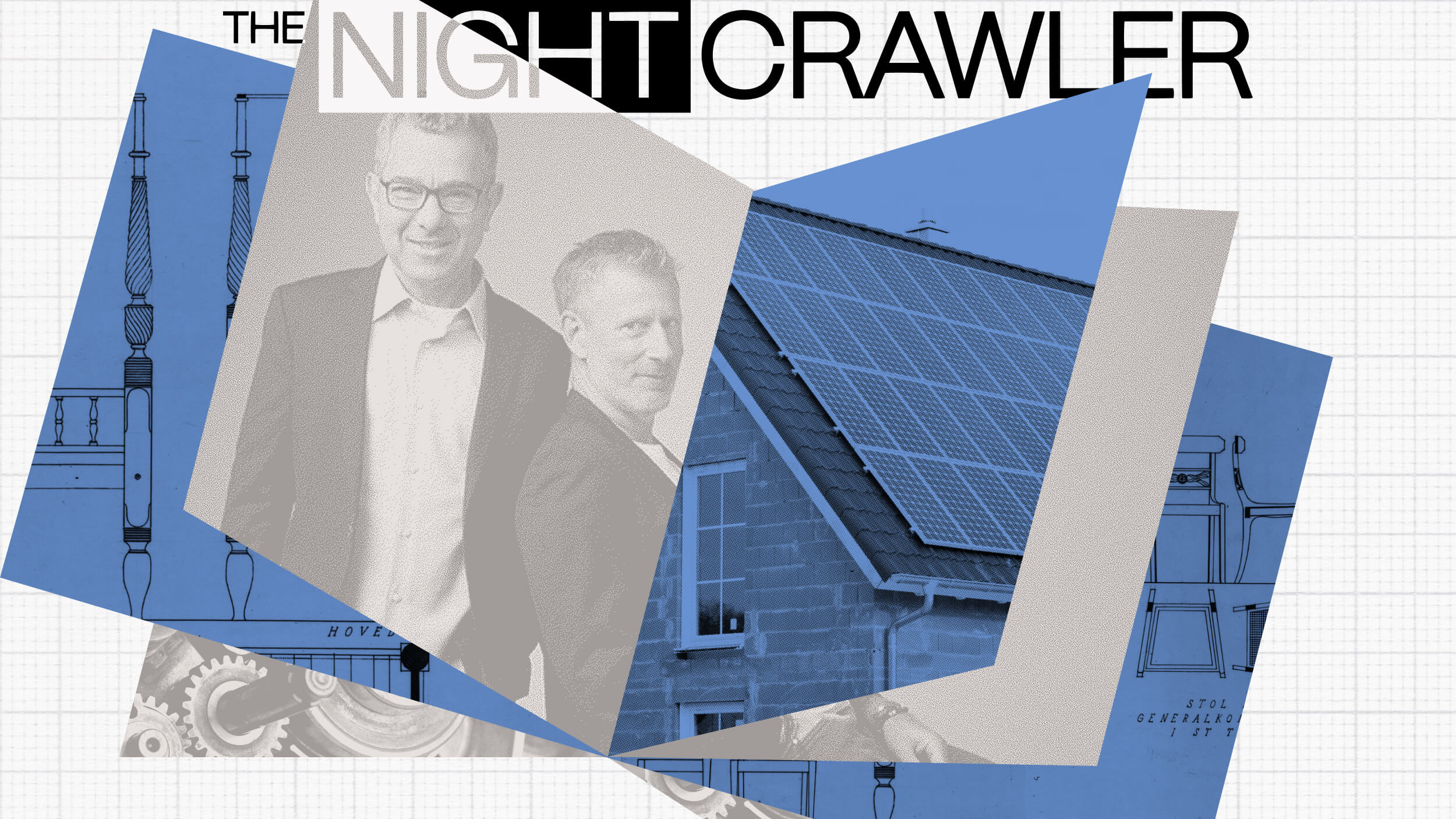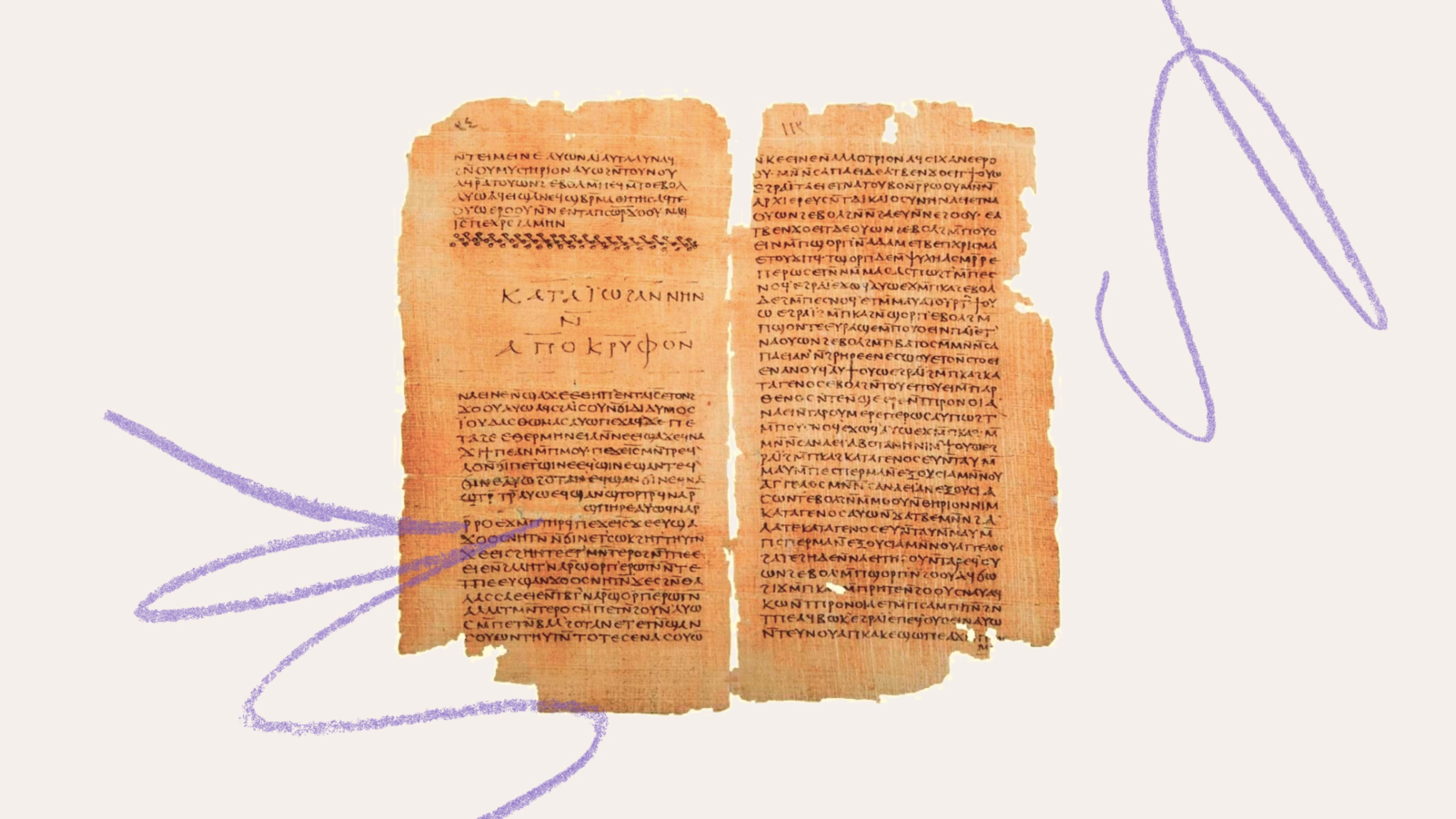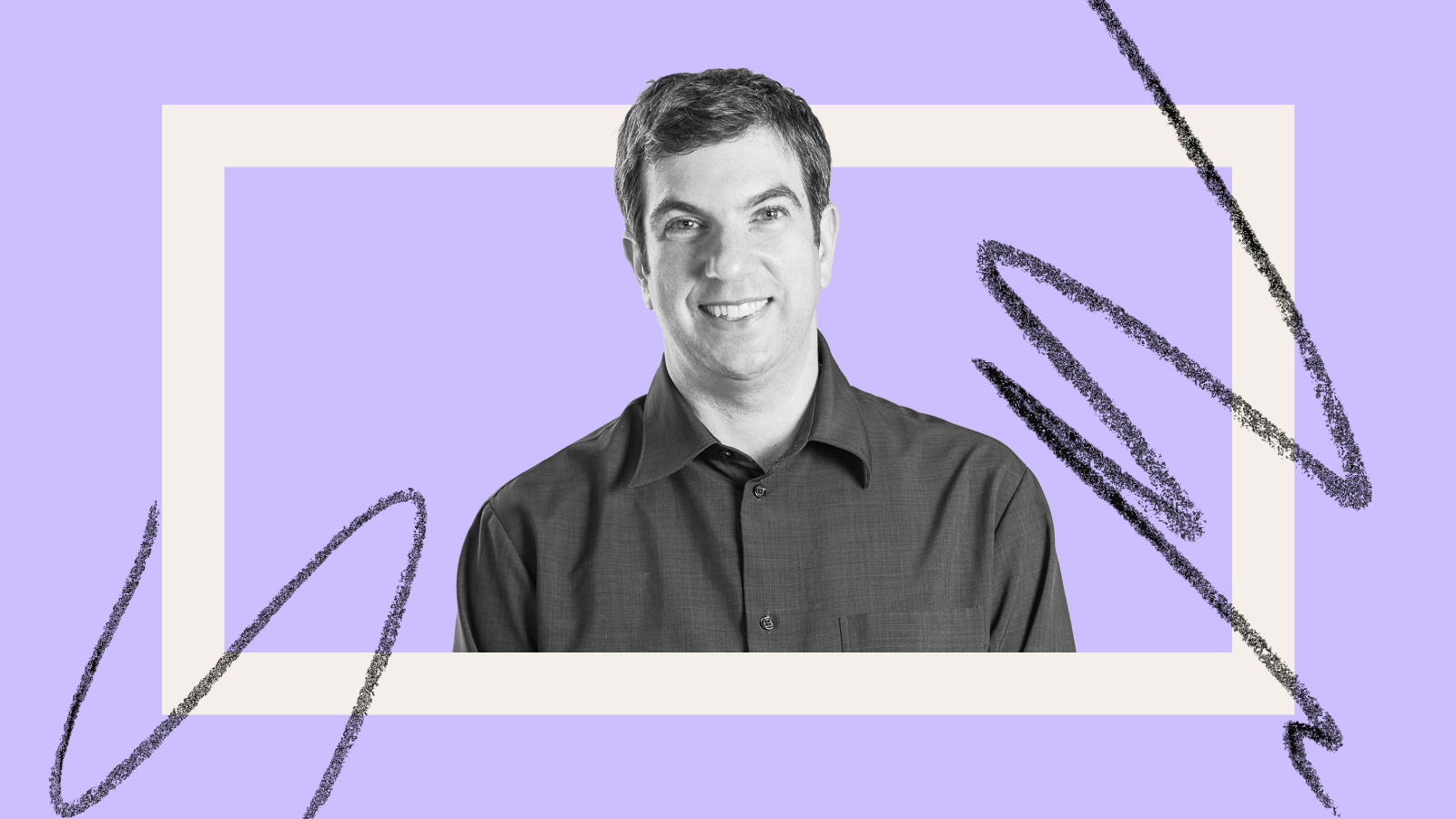Guantanamo specialist Mahvish Khan reads a passage from her book.
Topic: My Guantanamo Diary
Mahvish Khan: So I’m going to read two passages from the book, one just depicting the difference in the personalities between prisoners, and the first one is Haji Nusrat, and I often think about this because... Well, I’ll read it but he... this is the 80-year-old and it was at the end of our session at Guantanamo. As the meeting ended it was obvious that the old man was in pain. His legs hurt. He tried to stand and stretch them. He pushed hard against the tabletop with his palms trying to lift his weight. I leapt to his side and helped him stand. He gripped the edge of the table for balance and exhaled deeply. A few moments later I helped him sit back down. As we started collecting our things to go, I turned back to Nusrat who was watching us gather up the pizza boxes and pistachio shells and unfinished baklava. The military didn’t allow any food to be left with the detainees so we had to take any leftovers with us. “Bachay, my child, tell your mother and your father that an old man with a white beard sends his salaams,” he said. I responded with the customary reply: “Walaikum as-salaam and may peace also be upon you.” I adjusted my shawl one last time and glanced at him. He was quiet for a moment. Then he opened his heavy arms to me and I embraced him. He pushed my head into his white prison uniform and for several moments prayed for me as Peter watched. “Insha’ Allah, God willing, you will find a home that makes you happy. Insha’ Allah, you will be a mother one day. Insha’ Allah, you will always have a family that will protect you. Insha’ Allah, you will finish law school and continue to help us. Insha’ Allah, you will make the world proud.” Then he patted my back. “You are a great woman and may Allah make you greater.” Finally he let me go and asked me to say prayers for him. “Of course,” I promised, “every day.” So the point... I read that passage because here was this man who is... has nothing. He didn’t have his freedom, his... He was kept in a cage that I wouldn’t put my dog in and yet in his goodness of spirit he started praying for me and I just thought that spoke volumes about who he was.
The second passage that I’d like to read is about Taj Mohammad, and Taj Mohammad was the complete opposite of Haji Nusrat. He was just easier to meet but here is his passage. I know it’s not good to play favorites but I couldn’t help it. Of all the detainees we worked with, I most looked forward to the meetings with Taj Mohammad, #902. He was a twenty-seven year old goat herder from Kunar, Afghanistan, who formed crushes on his female interrogators and taught himself perfect English in his four years at Guantanamo. It’s not that I liked Taj better than the other detainees. They’re all different, but he was easy to talk to and he made me laugh. I felt sorry for Haji Nusrat who was old and sick and for Ali Shah Mousovi because he was so polite, but Taj was my age and loaded with personality. Unlike the others, he really came across as vulnerable. He was highly opinionated and very sarcastic. Even his misogyny was somehow comical. I’m sure he would have gotten on my nerves if I’d spent more time listening to his sarcastic wisecracks but in our limited contact he was pure entertainment. In our meetings with Paul Rashkind of the Miami Federal Defenders, Taj’s attention was always drawn to written English. He would sound out the lettering on coffee cups and napkins when legal papers were put on the table. He... When legal papers were put on the table he would immediately start reading under his breath. He asked us repeatedly to bring him a Pashto English dictionary so that he could improve his English. Over several months he had compiled and memorized a list of almost one thousand English words but during a routine search the guards had found and confiscated his neatly written glossary. When Paul told him it was unlikely that he’d be given permission to bring him a book, Taj looked unhappy. “If you can’t bring me a book, how do you plan on getting me out of here?” he said. “Even the interrogators give us magazines.” I asked what kind of magazines. “Playboy,” he said. I had heard the same from guards at the Clipper Club who said that lots of detainees made associations between American women based on what they saw in the soft-core men’s magazine Maxim. Some of the guards helped that along it seemed. At the beginning of my second meeting with Taj, he pulled out a small piece of creased white paper and handed it to me. “I told the guards that the girl who speaks Pashto is coming and asked them to make a list of words so you could translate them for me,” he said. My jaw dropped as I scanned the list. “What does it say?” Taj asked. “Tell me.” The first word on the list was bestiality, the second was pedophile, the third was intercourse, and the fourth was horny. “I think those soldiers have played a little trick on you and me,” I smirked. “Tell me,” he persisted. “What did they write?” “I don’t know how to say these words in Pashto,” I responded. “I learned Pashto from my parents.” Taj’s eyes widened. “Okay. Just tell me one of the words,” he insisted. “I don’t know them,” I said. “Then tell me what it means.” I scanned the words again. “Bestiality means showing meena, affection or love, to one of the goats you tend,” I said, smiling, “but it’s not a good sort of meena.” Taj let out a laugh. He got the picture. He grabbed a pen from the table and scribbled something in Pashto next to the word. That’s when I realized he had probably known the nature of his vocabulary lessons all along.
Recorded on: 7/17/07





